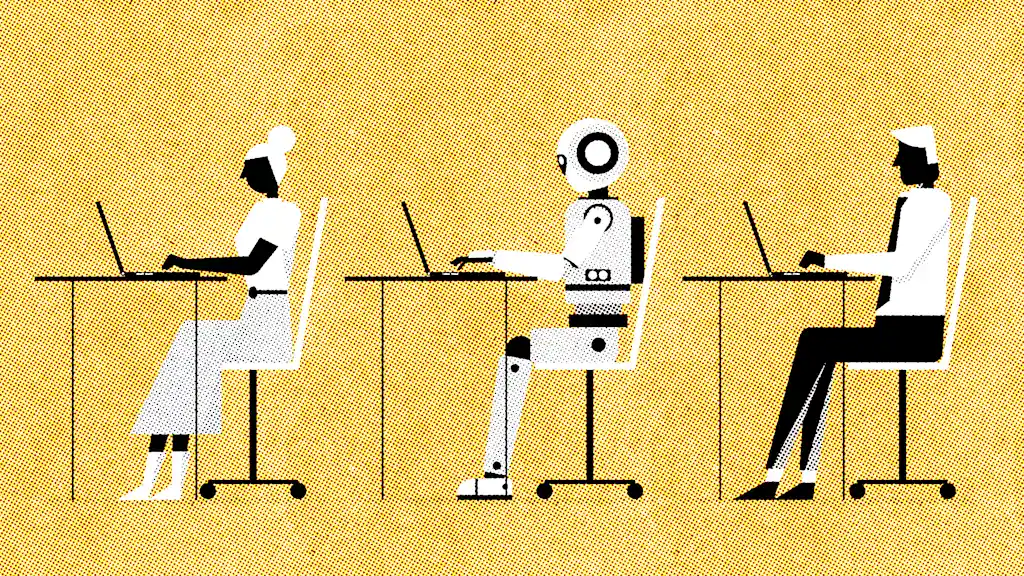
"On Danone's factory floors, where frontline workers make products like Dannon and Activia yogurts and Evian water, smart sensors detect vibrations and temperature changes to signal potential machine malfunctions. AI-powered "vision systems" find quality defects well before the human eye. AI even helps streamline processes like spray drying powdered baby formula. These systems aren't meant to replace human workers. Rather, says Danone's chief operating officer Vikram Agarwal, "Machines will be our colleagues, and we will be theirs.""
"In this piece, paid subscribers will learn: Why manufacturing companies are focused on reskilling rather than replacing workers How Danone uses AI "digital twins" Which skills employees are learning to become "more agile, more responsive" The early-rate deadline for Fast Company's Most Innovative Companies Awards is Friday, September 5, at 11:59 p.m. PT. Apply today."
Smart sensors on Danone factory floors detect vibrations and temperature changes to flag potential machine malfunctions, enabling predictive maintenance. AI-powered vision systems identify quality defects earlier than human inspection, and AI optimizes processes such as spray drying of powdered baby formula. The approach treats machines as collaborators, augmenting human labor rather than replacing it. Workforce development focuses on reskilling employees to operate and collaborate with AI systems, emphasizing agility and responsiveness. Digital twins are used to simulate equipment and processes for optimization and troubleshooting. The strategy prioritizes operational efficiency, product quality, and employee adaptability.
Read at Fast Company
Unable to calculate read time
Collection
[
|
...
]